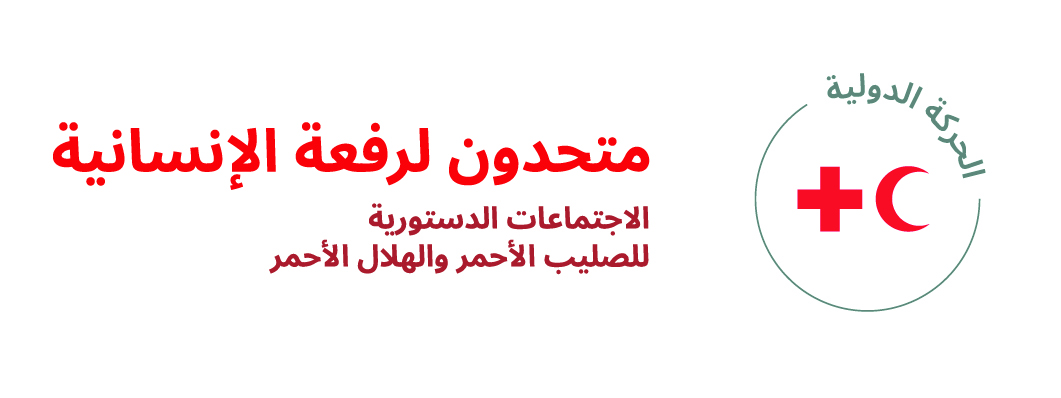الإجراءات المتخذة:
In Denmark’s Strategy on Development Cooperation and Humanitarian Action, The World 2030, launched in 2017, the humanitarian principles are referred to as the basis of Danish MFA’s humanitarian aid, cf. the European Consensus on Humanitarian Aid and the Good Humanitarian Donorship Principles. Moreover, as part of its strategic partnership with DRC, MFA and DRC has jointly developed a training module on IHL as part of the introductory training of new MFA diplomats. The first seminar was held in May 2019, and it will be incorporated into the future general programme for young diplomats.
DRC has chaired the core group, which led the development of new guidance for National Society statutes. The Guidance constitutes an up-to-date interpretation of how to operationalise the Fundamental Principles in RCRC laws and statutes.
DRC has worked with Ukrainian RC and Turkish RC (together with Canadian Red Cross), through on-site capacity-sharing workshops on the relevance of the Fundamental Principles for Movement actors and in dealing with dilemmas which may arise. Similarly, DRC is supporting sister National Societies in migration programming in principled humanitarian action in relation to protection and assistance of all migrants. DRC continues to contribute as guest lecturer at NORDEFCO UN CIMIC Staff Officer Course run by Denmark, presenting on humanitarian principles and their relevance for civil-military relations in conflict and crisis settings. In 2018 MFA participated in two such courses. DRC also contributes relevant lectures for young officers at the Royal Danish Defence College.
In 2018, DRC initiated collaboration with the ICRC on enhancing community-based protection (CBP) approaches, methodologies and learning through a 2018-20 pilot project, which promotes community based approaches to conflict mitigation and management. RCRC staff have been trained in Humanitarian Mediation, and community based protection is being piloted in South Sudan and Greece; and it is being explored how the CBP tools can complement existing activities in Lebanon. DRC has contributed to shared learning and experience sharing on CBP together with the Norwegian Refugee Council and regular engagement with academic institutions with an interest in this field, such as the Network on Humanitarian Action (NOHA) and the Advanced Training Program on Humanitarian Action (ATHA).
In Denmark, DRC has a strong school/educational programme, which includes development of educational materials promoting mutual respect, non-violence and social inclusion for primary and secondary education. The latest teaching material is the innovative, state-of-the art www.brothersacrossborders.com, an interactive movie with strong elements of gaming about the Syrian refugee-crisis available in eight languages. DRC has also created an exhibition center (“Røde Kors Oplevelsen”), which demonstrates the Fundamental Principles in action and Red Cross humanitarian work through virtual reality, dilemma games etc. to visiting schools and others. In 2018, 125,000 students were reached through this educational programme. DRC also has a group of IHL volunteers recruited from universities, who disseminate IHL in creative ways for high school students sometimes with a “Health Care In Danger”-ambulance with bullet holes.



